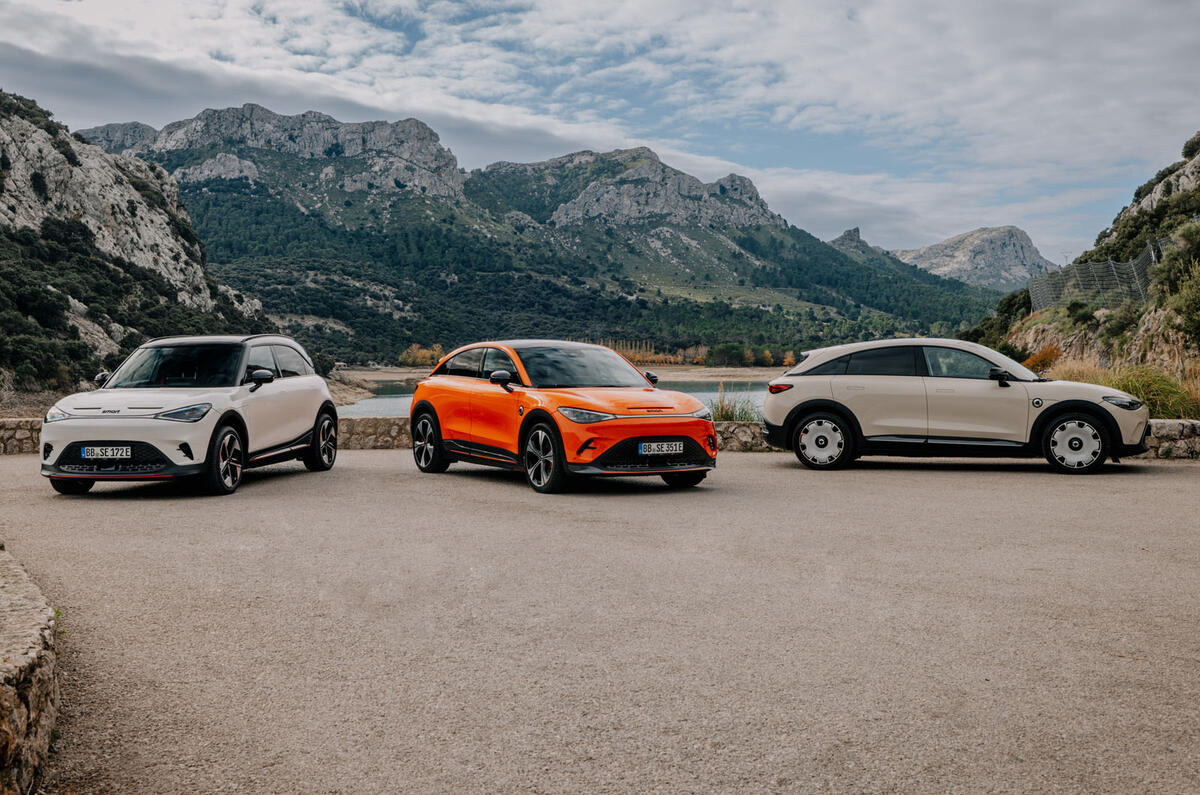Smart could start building electric cars in Europe in a bid for increased efficiencies as it ramps up its global expansion plans and fleshes out its line-up.
After production of the Fortwo ended earlier this year at Ineos’s factory in Hambach, France, Smart now builds all its cars in Xi’an, China. But with sales increasing in other markets and the increased costs of exporting worldwide, the brand is considering localised production in other territories to better cater to demand - with the added benefit of avoiding the EU’s new tariffs on Chinese EVs.




Add your comment